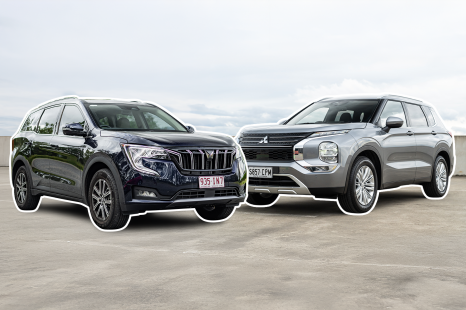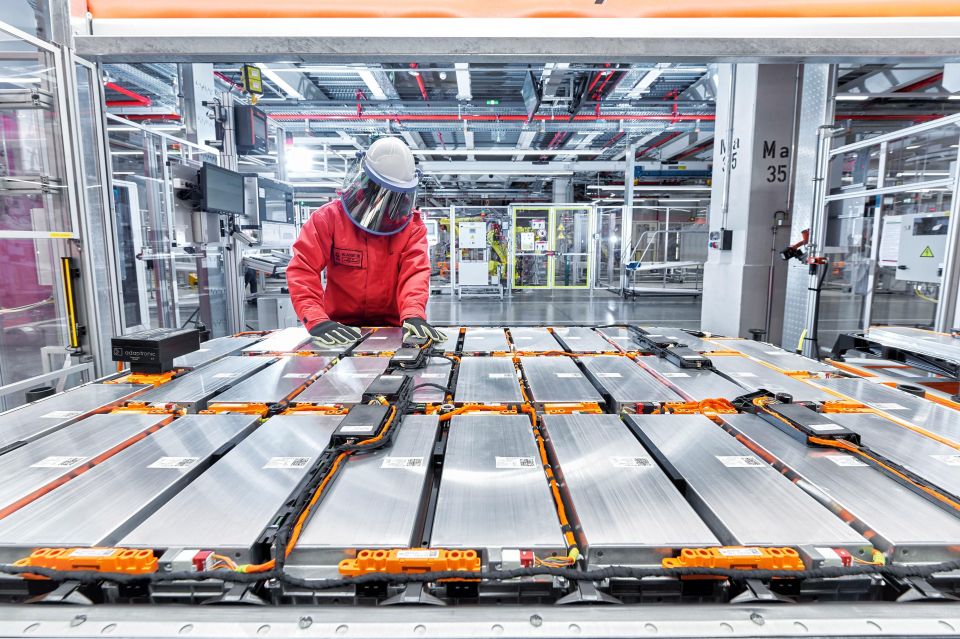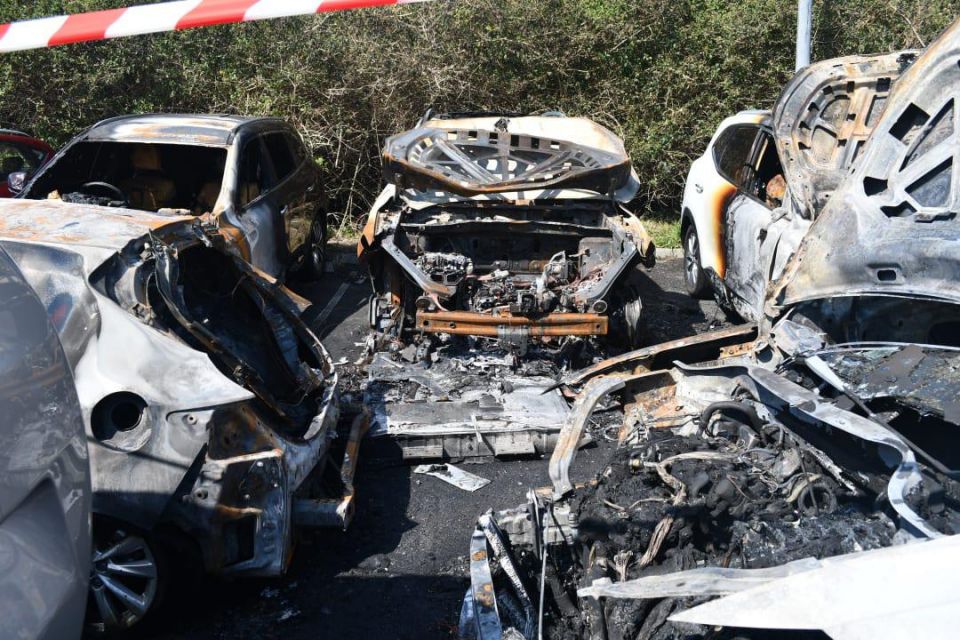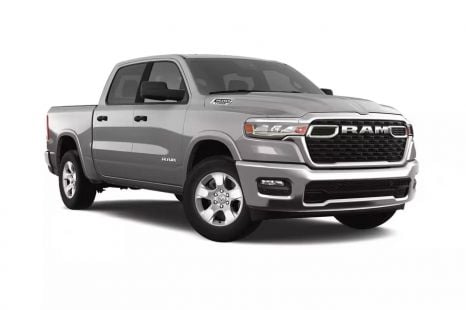

Andrew Maclean
3 Days Ago
South Korea is moving quickly to ease community concerns after a handful of electric vehicle fires, bringing forward a new certification program.

Contributor


Contributor
South Korean lawmakers have continued a push to prioritise safety and reassure residents following two high-profile electric vehicle (EV) fires.
News agency Reuters reports the South Korean government has moved forward plans to introduce an EV battery certification program, from February 2025 to October 2024.
The new program will reportedly require carmakers to show their EV batteries meet local safety standards from South Korea’s Ministry of Land, Infrastructure, and Transport before going on sale – replacing the voluntary system currently in place.
100s of new car deals are available through CarExpert right now. Get the experts on your side and score a great deal. Browse now.

It’ll also result in manufacturers identifying where their batteries have been sourced, which has also been voluntary and was put into action by most brands earlier this month.
The decision to fast track the program comes after a Mercedes-Benz EV caught fire in an underground apartment carpark, damaging approximately 140 vehicles and taking eight hours to extinguish according to Reuters.
A Kia EV6 caught fire at another carpark in the following days, although the car was connected to an EV charger in this second incident.
Reuters reported the additional safety measures being introduced to prevent or reduce the risk of EV fires include revised underground parking fire suppression requirements and the adoption of chargers which can’t overheat.

The changes follow the Seoul Metropolitan Government last week advising EV drivers not to use underground car parks if their batteries are holding more than 90 per cent charge.
It announced a pilot trial limiting rapid chargers to 80 per cent if they’re in a public space, and there are reportedly plans to expand this to private operators.
This was criticised by Professor Yoon Won-sub, an energy science expert at Sungkyunkwan University and the head of a battery research centre. He told Korea JoongAng Daily there’s no proven link between an EV’s state of charge and the intensity of its fire.
“Excessive charging isn’t the governing factor with a fire,” Mr Yoon said.

“EVs, from the start, are designed to never reach a full charge, even if the dashboard says they are 100 per cent. It’s an unproven argument that batteries carry a higher fire risk when fully charged.
“It seems a bit like a ‘witch hunt’ blocking EV owners with cars charged 90 per cent from entering underground parking lots. It’s essential to come up with suitable countermeasures after a thorough discussion among experts.”
EV FireSafe, an Australian company which collates global vehicle fire data, has found there have been 511 reported incidents of thermal runaway in EV and plug-in hybrid vehicle (PHEV) batteries worldwide between 2010 and the end of June 2024 – not including the most recent South Korean fires.
MORE: Major city won’t let you park your EV underground MORE: South Korea asks carmakers to name and shame battery suppliers after EV fires MORE: Mercedes-Benz EV fire leaves path of car park destruction
Born and raised in Canberra, Jordan has worked as a full-time automotive journalist since 2021, being one of the most-published automotive news writers in Australia before joining CarExpert in 2024.


Andrew Maclean
3 Days Ago


Max Davies
3 Days Ago


Max Davies
2 Days Ago


Josh Nevett
2 Days Ago


Max Davies
2 Days Ago


Marton Pettendy
2 Days Ago